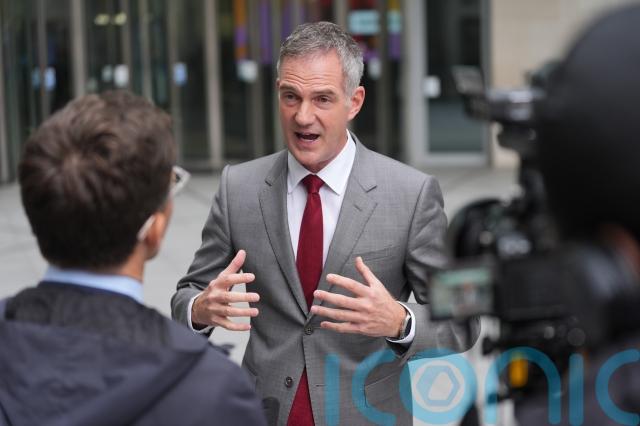
The Government plans to show its commitment to delivering its workers’ rights Bill when it returns to the Commons on Monday amid fears it could be weakened.
The Employment Rights Bill, which is in its final parliamentary stages, will bring in parental leave from the first day of employment and strengthen statutory sick pay.
Unions made a plea for the Bill to be implemented in full after Angela Rayner and Justin Madders, both of whom were heavily involved in promoting it, left their posts as deputy prime minister and employment minister and sparked fears about its future.

The Government will overturn amendments tabled by the Lords that would water down the day-one protection from unfair dismissal and limit those able to benefit from the planned ban on exploitative zero hours contracts, the Department of Business and Trade said.
Sir Keir Starmer said the Bill would “make a real difference to people’s lives”, while Business Secretary Peter Kyle said businesses had been consulted “every step of the way”.
The Conservatives meanwhile have written to the head of the Office of Budget Responsibility (OBR) asking the fiscal watchdog to include the economic impact of the Bill in its upcoming report.
Shadow business secretary Andrew Griffith called it a “toxic package that will clobber businesses, crush growth, and destroy jobs”.
The OBR said earlier this year it could not yet take account of the Employment Rights Bill in their forecasting as there was not enough detail available on the policy.
But a member of it committee said the plans for workers’ rights could have a “negative” impact on employment.
A Government analysis from last year estimated that the bill would cost businesses between £900 million and £5 billion annually.
Prime Minister Keir Starmer, who had reassured Labour MPs last week that the Bill would continue to progress with the same substance as before, said it was a “core part” of the party’s agenda.
He said: “This Government is delivering the biggest upgrade to workers’ rights in a generation.
“Our Employment Rights Bill is good for workers, good for businesses and good for the economy.
“It’s a core part of our agenda to make people better off and will make a real difference to people’s lives.”
Business and Trade Secretary Peter Kyle said boosting workers’ rights would have a positive effect on the economy.
He said: “Giving workers more security in the workplace is good for the economy. It promotes prosperity, enabling people to be more active consumers and exercise more control over their lives.
“Businesses have been consulted every step of the way and will continue to be.
“We are focused on building an economy with a new social partnership – workers, businesses and government fixing the foundations and that starts with security at work.”
Mr Griffith said the Conservatives have opposed the Bill “since day one”.
“Labour’s union-drafted (un)Employment Bill has expanded and mutated into a toxic package that will clobber businesses, crush growth, and destroy jobs,” he said.
In his letter to the OBR, Mr Griffith wrote: “I am sure you would agree, a failure to be able to forecast the impact of the Employment Rights Bill would cause further uncertainty and concern about the Bill’s potential impact on the economy.”
Subscribe or register today to discover more from DonegalLive.ie
Buy the e-paper of the Donegal Democrat, Donegal People's Press, Donegal Post and Inish Times here for instant access to Donegal's premier news titles.
Keep up with the latest news from Donegal with our daily newsletter featuring the most important stories of the day delivered to your inbox every evening at 5pm.